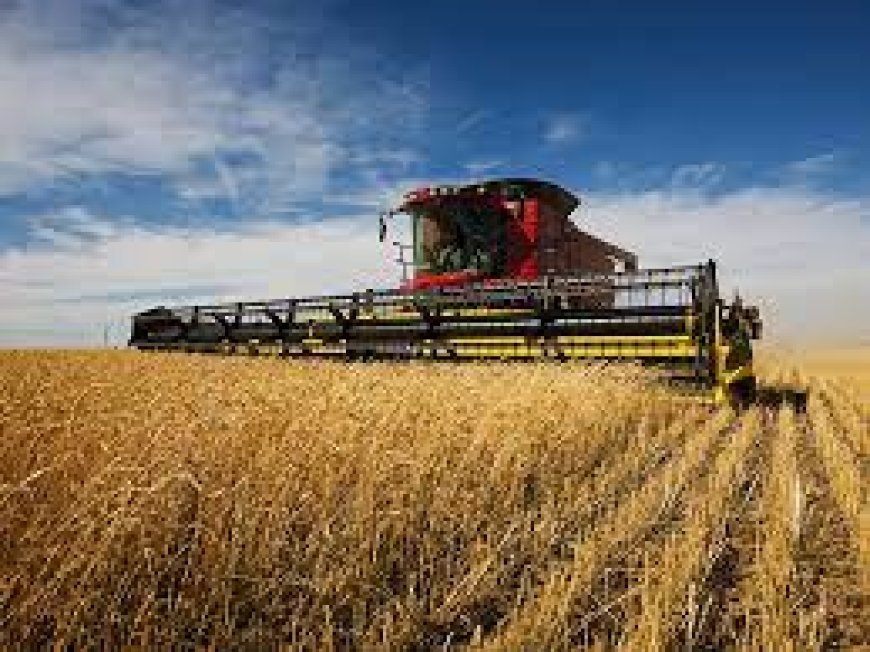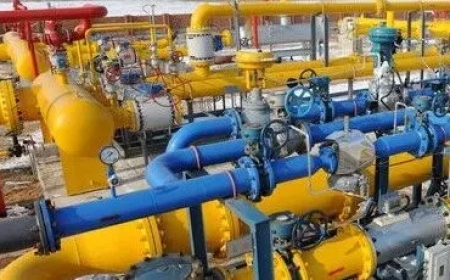Types of Heating Oil in the UK: A 500-Word Guide

Heating oil is a vital fuel for many UK households and businesses, particularly those located in rural or off-grid areas not connected to the mains gas supply. Its used to power central heating systems, boilers, and in some cases, cooking appliances. There are several types of heating oil available in the UK, each with its own properties, advantages, and best-use scenarios. Understanding the differences can help users make informed choices that optimise performance and cost-efficiency.

1. Kerosene (28-second oil)
Kerosene is by far the most common type of heating oil used in UK households. Also known as paraffin or home heating oil, kerosene is a clear, thin, and refined fuel that burns cleanly and efficiently.
Key features:
-
Suitable for domestic boilers and cookers
-
Lower carbon emissions compared to other oils
-
Typically the cheapest and most widely available heating oil
-
Produces minimal soot and residue, reducing maintenance costs
Kerosene is ideal for modern condensing oil boilers and is usually delivered in bulk to an external oil tank on the property.
2. Premium Kerosene (Additive-enhanced kerosene)
Premium kerosene is a higher-grade version of standard kerosene, containing additives that enhance its performance. These additives help improve combustion, reduce system wear, and protect against sludge and carbon build-up.
Key features:
-
Increases boiler efficiency and longevity
-
Reduces the risk of frozen fuel in winter
-
Produces less soot and smoke
-
More environmentally friendly than standard kerosene
Though more expensive, premium kerosene is a preferred choice for those wanting to maximise efficiency and reduce boiler servicing needs.
3. Gas Oil (35-second oil or red diesel)
Gas oil, commonly known as red diesel due to the dye added for tax purposes, is heavier and less refined than kerosene. It's typically used for commercial, agricultural, and industrial heating systems rather than domestic properties.
Key features:
-
Suitable for older, commercial-grade boilers
-
Not typically recommended for modern domestic systems
-
Cheaper than standard diesel due to lower fuel duty
-
Illegal to use in road vehicles or non-permitted uses
Gas oil burns less cleanly than kerosene, resulting in higher maintenance requirements and emissions. However, it's still popular in non-domestic settings where cost and boiler type permit.
Choosing the Right Heating Oil
The right type of heating oil largely depends on the heating system in place and the specific needs of the user. For most UK homeowners, standard kerosene is the default and most cost-effective choice. Those seeking improved performance and longevity from their heating systems may opt for premium kerosene, especially during colder months. Meanwhile, gas oil remains a staple for businesses and agricultural operations with appropriate equipment.
Conclusion
Choosing the right heating oil in the UK involves balancing cost, performance, and environmental impact. With kerosene dominating the domestic market and gas oil serving larger, industrial needs, UK users have reliable options to keep their homes and businesses warm year-round. Regular maintenance and the right fuel choice can lead to significant savings and improved efficiency over time.































